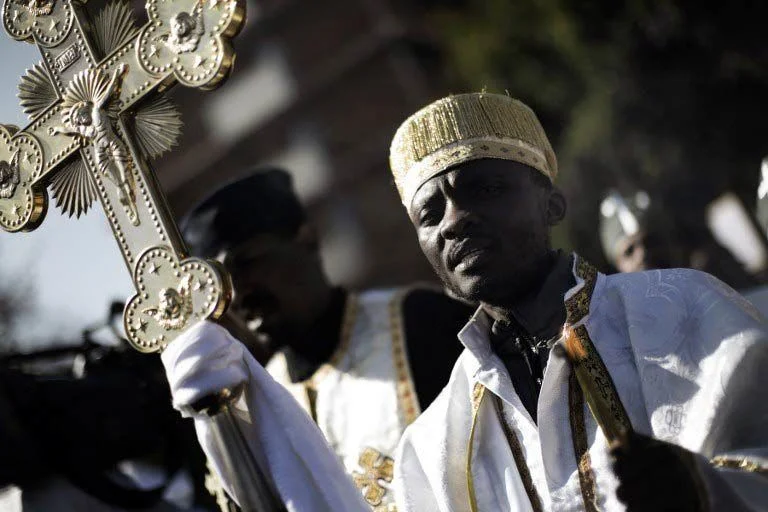Religion holds a powerful position in West African societies, with churches, mosques, and other spiritual organizations deeply embedded in people’s lives. However, this influence has led to the rise of financial exploitation, where spiritual leaders demand large sums from followers in exchange for miracles, blessings, or deliverance from hardship. In countries such as Nigeria, Ghana, and Sierra Leone, the “prosperity gospel” has become prevalent, promising wealth and success to those who give generously to religious leaders.
Many followers are encouraged to donate beyond their means, with promises of healing or business breakthroughs. Even those facing severe economic challenges often feel compelled to give, hoping for divine intervention. Stories have emerged of individuals selling properties or going into debt to fund donations requested by religious leaders. In some cases, desperate congregants are told that their inability to give will block their blessings or even attract curses.
This exploitation extends to public events where “miracle crusades” and revival meetings attract large crowds. Many attendees are asked to sow “seeds” of faith by making financial pledges, with the promise that these offerings will yield exponential spiritual and material rewards. The vulnerable—especially those struggling with health issues, unemployment, or family crises—are often the primary targets.
Efforts to curb religious extortion face challenges, as these institutions wield significant political and social influence. Governments in the region have begun exploring regulations, but the thin line between religious freedom and fraudulent practices complicates enforcement. Educating citizens about financial manipulation disguised as faith remains crucial to combat the exploitation prevalent in these spiritual spaces.




















